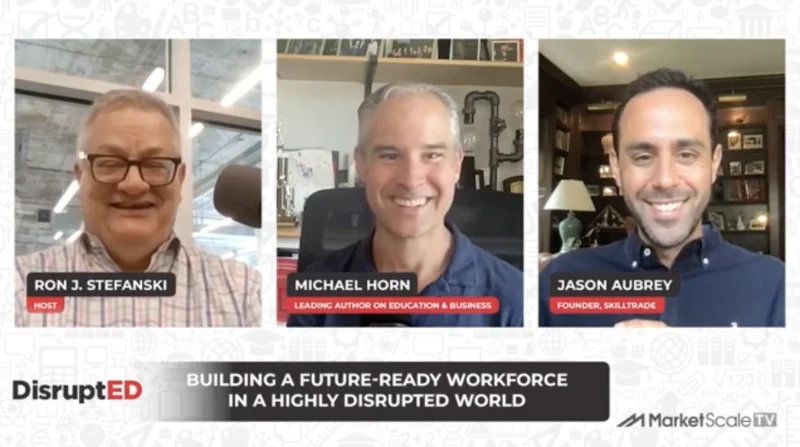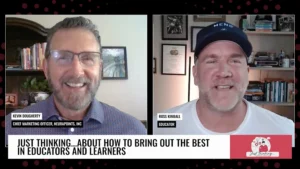How Can Teachers and Educational Tech Combine to Prevent Youth Illiteracy?
Early literacy is key for children, and not just for reading purposes—with over 85 percent of curriculums taught via reading, according to the Reading Foundation, children can fall behind in nearly all aspects of learning without the proper literacy skills. With 67 percent of fourth graders reading below grade level, this is concerning. The reading scores are reflecting this, and schools are worried about how students can catch up.
What is the answer schools need to combat the literacy issue? This could involve a mixture of easy-to-implement literacy assessments to benchmark progress in addition to flexible curriculums that can help students work toward standards through individual, group, and class learning. Another piece of the puzzle may involve customizing educational technology through collaboration with teachers to gauge the best tools for individualized student learning.
Why is this whole-learner approach paramount to literacy improvement, and what are some of the other puzzle pieces that are missing? Dr. Jayne Lammers, Director of Learning Design at Edmentum, explains what teachers and students need to ensure literacy success in the classroom.
Dr. Jayne Lammers’s Thoughts
“Recent scores and the first half of this school year, understandably have school communities concerned about early literacy. Those scores revealed that there’s no one answer for all learners, especially children who have experienced disrupted literacy learning. Supporting teachers without increasing their burdens means providing easy-to-implement assessments that generate data to identify gaps. They need a flexible curriculum that cultivates literacy while working towards grade-level standards and developing students as readers and writers. They need tools for individual, small-group, and whole-class learning, and they need to be able to measure progress. Educational technology matched to a learning environment, unique needs can support a whole learner approach to literacy development, especially when technology choices are made in partnership with teachers, not to teacher-proof instruction.
The goal is to have a positive impact on literacy learning while ensuring that teachers succeed and students thrive.”









